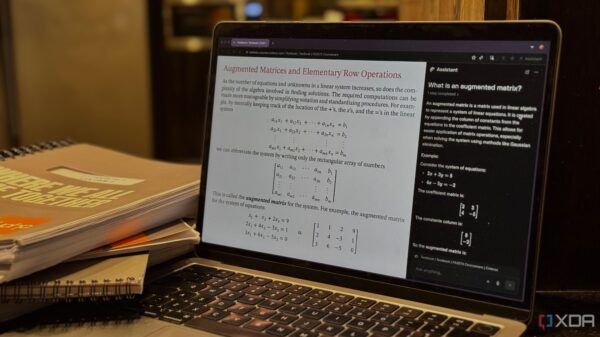A proposal for reforms to the closed-session policy in Warren County has been put forward by Supervisor Richard A. Jamieson. During a meeting of the Board of Supervisors on March 15, 2024, Jamieson presented a memorandum advocating changes to the county’s current practices, which he argues would enhance transparency for the public. The proposed modifications aim to clarify the reasons for closed sessions and ensure adherence to the Virginia Freedom of Information Act.
Jamieson’s recommendations come after recent instances where board members voted against convening in closed session to receive legal advice from county attorney Jason Ham regarding matters such as groundwater restrictions for industrial uses and agritourism. The proposed reforms focus on improving the board’s understanding of the necessity for closed meetings and establishing procedures for receiving legal advice that align with the law.
During the work session, Jamieson emphasized that the current practices may hinder supervisors’ ability to carry out their responsibilities effectively. He highlighted that limiting access to written legal analyses can prevent the board from making informed decisions, especially when relying solely on verbal legal advice given in closed sessions. The county allocates over $400,000 annually to the county attorney’s office, and Jamieson proposed that the county administrator present a quarterly report on the office’s expenditures.
“It can take more time, but when there are ordinances and policies and regulations that this board’s deliberating on, I think it would be beneficial for the board to have the benefit of a written work product from our attorney,” Jamieson noted. He believes this would allow board members adequate time to digest the information and ask pertinent questions before making decisions.
In addressing the public’s perception of closed sessions, Jamieson stated, “I know from talking to people that the closed sessions are very frustrating to people and they don’t understand it, and bringing that into more understanding is important.” He referred to a 2007 opinion from the FOIA Council, which indicates that the exemption for legal matters does not permit closed sessions for general policy discussions that may later have legal implications.
While Jamieson supports transparency, not all board members share his views on the necessity of the proposed changes. Supervisor Cheryl L. Cullers expressed her discomfort with the recommendations, particularly because the county attorney had not reviewed the draft policy. She emphasized that the board has the authority to vote on whether to hold closed sessions and has not felt uneasy about entering such sessions throughout her six years on the board.
“I don’t like to go into closed session if we don’t have to, but there are times that you have to discuss things in closed,” Cullers stated. She underscored the importance of legal confidentiality in some discussions, suggesting that the proposed reforms could unintentionally undermine the board’s legal counsel.
In response, Jamieson clarified that his proposal does not eliminate closed sessions but rather seeks to enhance public involvement and scrutiny prior to such meetings. He mentioned that he had discussed the proposal with Ham, who supported the initiative’s intent.
Supervisor Hugh B. Henry expressed his agreement with reducing closed sessions when unnecessary but questioned the need for a formal resolution like Jamieson’s proposal. He pointed out that the board can already vote on closed sessions and raised concerns regarding the practicality of requiring 48 hours written notice before such meetings, as unforeseen circumstances could arise.
Meanwhile, Vice Chairman John W. Stanmeyer suggested that the county attorney should address Jamieson’s assertions about the appropriateness of some closed sessions. He acknowledged the potential benefits of a written notice but cautioned against the risk of leaks and the loss of the dynamic discussion that occurs in closed meetings.
The discussion surrounding the proposed reforms reflects an ongoing tension between the need for transparency in local governance and the necessity of confidentiality in legal matters. As the Board of Supervisors considers these recommendations, the outcome may significantly impact how closed sessions are conducted in Warren County moving forward.





































































